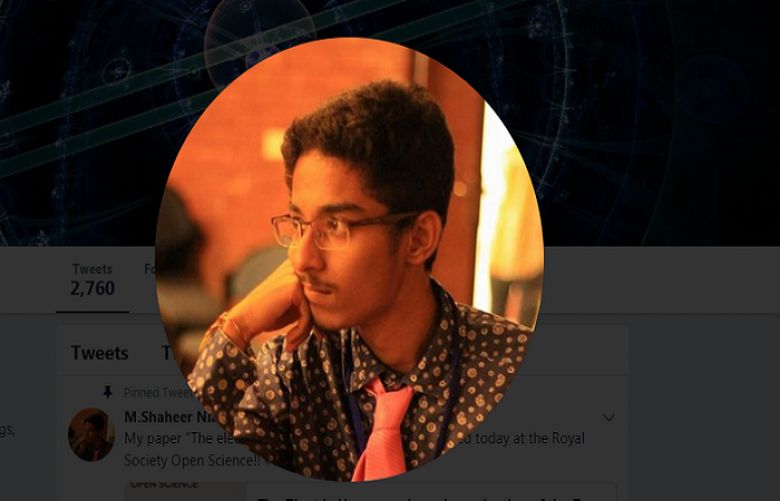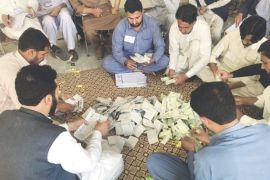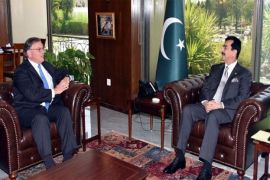The experimental skills of a 17-year-old Pakistani student has come in for praise after his visualization revealed fundamental principles about how electricity moves through fluids that engineers can use to develop technology for printing, heating or biomedicine.
According to a New York Times report, physicists knew of this phenomenon decades before Muhammad Shaheer Niazi, a high school student, met the electric honeycomb. In 2016, as one of the first Pakistani participants in the International Young Physicists’ Tournament, Shaheer replicated the phenomenon and presented his work as any professional scientist would.
He also developed photographic evidence of charged ions creating the honeycomb, and published his work Wednesday in the journal Royal Society Open Science. Determining the heat’s origin is a question that requires more study, while also praising Niazi’s experimental skill.
My paper "The electric Honeycomb; an investi .. published today at the Royal Society Open Science!! #Physics #Lums https://t.co/ac3OQ81DKC
— M.Shaheer Niazi (@M_shaheer_Niazi) October 4, 2017
Neither he nor others had previously explored temperature changes on the oil’s surface, and he would have expected a smaller and more even heating effect than Shaheer observed, said Alberto T. Pérez Izquierdo, a physicist at the University of Seville in Spain whose 1997 work on the subject inspired Shaheer’s project.
Determining the heat’s origin is an interesting question that requires more study, he said, while also praising Shaheer’s experimental skill. Shaheer’s LinkedIn page refers to him as Astronomy club coach at Lahore College of Arts and Sciences (LACAS).
Shaheer also took to twitter to announce his research and also quipped: “age is just a number, do not let it define what you can do, and what you can not do”. Shaheer hopes to further explore the mathematics of the electric honeycomb, and in the future, dreams of earning a Nobel Prize.







